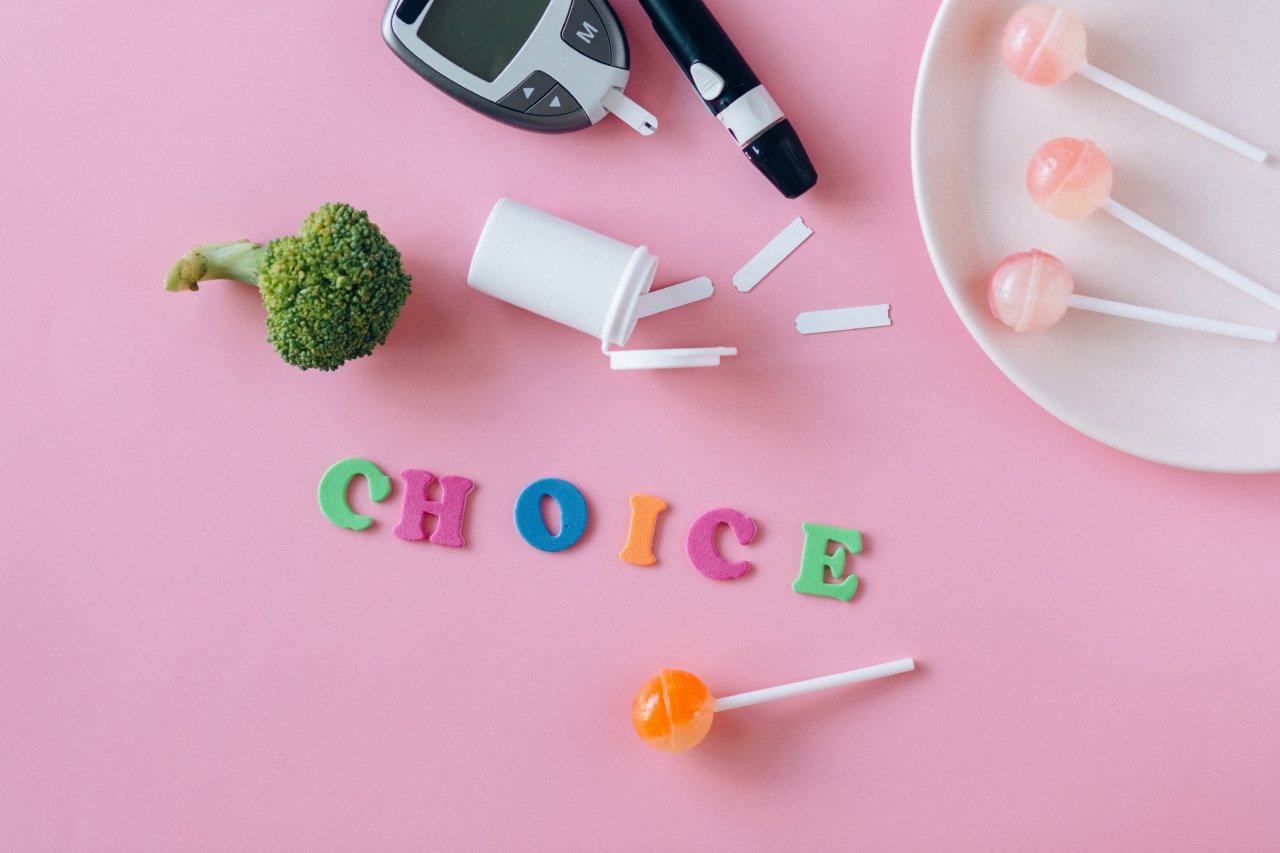Parkinson’s disease is a neurodegenerative disorder that affects the dopamine-producing nerve cells in the brain. It is a progressive disease and there is no cure for it yet.
However, research has shown that there are some nutritional interventions that can help prevent or delay the progression of Parkinson’s. This article will explore these nutritional interventions and how they can help prevent Parkinson’s disease.
What is Parkinson’s disease?
Parkinson’s disease is a movement disorder that affects the nervous system. It develops gradually and it is characterized by tremors, stiffness, and difficulty with movements.
As Parkinson’s disease progresses, it can also cause cognitive problems, such as memory loss and confusion. The disease is caused by the loss of dopamine-producing nerve cells in the brain.
Nutritional interventions for Parkinson’s prevention
There are several nutritional interventions that can help prevent or delay the progression of Parkinson’s disease. These interventions include:.
1. Mediterranean Diet
The Mediterranean diet is a plant-based diet that is rich in fruits, vegetables, whole grains, legumes, nuts, and olive oil. It has been shown to have many health benefits, including reducing the risk of heart disease, stroke, and some types of cancer.
Research has also shown that following a Mediterranean diet can help prevent Parkinson’s disease.
2. Antioxidants
Antioxidants are substances that can neutralize free radicals. Free radicals are unstable molecules that can cause damage to cells and contribute to the development of many diseases, including Parkinson’s disease.
There are many antioxidants that can help prevent Parkinson’s disease, including vitamin C, vitamin E, beta-carotene, and selenium. These antioxidants can be found in foods such as fruits, vegetables, nuts, and whole grains.
3. Omega-3 Fatty Acids
Omega-3 fatty acids are essential fatty acids that are found in fish, nuts, and seeds. They have many health benefits, including reducing inflammation and lowering the risk of heart disease.
Research has also shown that omega-3 fatty acids can help prevent Parkinson’s disease by protecting dopamine-producing nerve cells in the brain.
4. Vitamin D
Vitamin D is an essential vitamin that is needed for many bodily functions, including bone health and immune function.
Research has also shown that vitamin D can help prevent Parkinson’s disease by protecting dopamine-producing nerve cells in the brain. It can be obtained from sun exposure and foods such as fatty fish and fortified dairy products.
5. B Vitamins
B vitamins are a group of vitamins that are essential for many bodily functions, including energy production and nervous system function.
Research has also shown that B vitamins can help prevent Parkinson’s disease by protecting dopamine-producing nerve cells in the brain. B vitamins can be found in foods such as whole grains, leafy greens, and fortified cereals.
6. Caffeine
Caffeine is a stimulant that is found in coffee, tea, and some soft drinks. Research has shown that caffeine can help prevent Parkinson’s disease by protecting dopamine-producing nerve cells in the brain.
However, it is important to note that excessive caffeine intake can have negative effects on health, so moderation is key.
7. Avoidance of Toxins
Exposure to environmental toxins, such as pesticides and herbicides, has been linked to an increased risk of Parkinson’s disease.
Therefore, it is important to limit exposure to these toxins by avoiding the use of pesticides and herbicides in the home and garden and choosing organic foods whenever possible.
8. Hydration
Dehydration can cause many health problems, including cognitive impairment and nervous system dysfunction. Research has also shown that dehydration can increase the risk of Parkinson’s disease.
Therefore, it is important to stay hydrated by drinking plenty of water and other fluids throughout the day.
9. Gut Health
Research has shown that there is a connection between gut health and Parkinson’s disease. Therefore, it is important to maintain good gut health by eating a diet rich in fiber and probiotics, such as yogurt and fermented foods.
This can help prevent inflammation and oxidative stress, which are linked to the development of Parkinson’s disease.
10. Exercise
Exercise is important for overall health and can also help prevent Parkinson’s disease. Research has shown that regular exercise can help protect dopamine-producing nerve cells in the brain and reduce inflammation.
Therefore, it is important to incorporate regular exercise into your daily routine.
Conclusion
Parkinson’s disease is a neurological disorder that affects many people worldwide.
While there is no cure for Parkinson’s disease, research has shown that there are several nutritional interventions that can help prevent or delay the progression of the disease.
These interventions include following a Mediterranean diet, consuming antioxidants, omega-3 fatty acids, vitamin D, B vitamins, and caffeine in moderation, avoiding toxins, staying hydrated, maintaining good gut health, and incorporating regular exercise into your daily routine.































